Our top tips for first-time tenants
Moving out of the family home is an incredibly exciting prospect, but many first time renters let enthusiasm cloud their vision. This milestone requires planning, budgeting, and careful consideration before making a commitment by signing a lease. Keep these points in mind before you embark on your journey.

Work out a budget
Before you create a Pinterest board and buy scatter cushions, think carefully about what your rental budget is. Typically, your income should be three times the rental amount. Some agencies or landlords may be more lenient with this ratio, but use it as a reasonable indicator of the bracket you should search in.
Keep in mind that you will also need to pay a deposit (which can be up to two times the rental amount), hire movers, buy basic appliances and potentially purchase furniture. These items tend to add up faster than first time renters can keep up with, so ensure that you have a fair bit of savings (or generous loved ones) for your move.
The first month in your new home will generally be the most expensive compared to any other, so these costs are merely something to keep in mind for the initial move. Thereafter, however, you will need to budget for food, electricity, water, parking, traveling, Wi-Fi, and other regular expenses. Factor these costs into your monthly budget to get a realistic sense of the rent you could afford.

Decide on your preferred areas
With fuel prices as they are, traveling costs are a major factor when deciding where to live. Think of areas that neighbour your campus or office, or suburbs with access to public transport.
Safety is another deal-breaker in South Africa, particularly if you plan on living alone. Properties in close proximity to incredibly public amenities such as malls, public transport depots, and restaurants or bars are more at risk of break-ins and muggings.
F.Y.I – many complexes have upgraded access control and are monitored with cameras, making them less appealing to opportunistic thieves. The close-knit community atmosphere also means that neighbours are looking out for each other.
Do some research on whether particular areas have amenities that you need or strongly desire to have, such as grocery stores, gyms, parks, or coffee shops for remote working.

Keep your eye on the market
Your dream home is unlikely to be on the market the moment you begin looking for it. If possible, give yourself a few months to monitor what is available and get a good sense of the type of property you prefer. Performing this kind of research also better informs your understanding of what a great deal looks like.
For example, some rentals require you to pay for parking in addition to rent, while others include dedicated bays. A few landlords have started offering to pay for Wi-Fi which can save first time renters a considerable expense.
Be aware of rental scams
There are a number of rental scammers out there, preying particularly on those who have never rented before as they are unfamiliar with the process.
Trust your intuition – if something sounds too good to be true, it probably is. Make sure that if you are dealing with a private landlord, that you do not attend viewings alone. If you are working through an agency, research them to ensure that they are legitimate.
NEVER pay a deposit without having seen the property first. This is a common scam to “secure the lease”. A deposit should only be due after a lease has been drawn up.

Act swiftly (within reason)
Bearing in mind the tell-tale signs of a scam, and after considering affordability and suitability, contact the responsible agent or landlord to let them know that you are interested. Don’t be hesitant to ask questions about the application process, but try to then fill in and submit your application as soon as you are confident about the property.
While it may be “safer” to apply to a number of properties at once to secure a home, several agencies charge an application fee. If you are applying for ten or more properties, this can easily become an expensive activity.
By the way… while we charge a small amount for credit checks, LettingWorx only charges a lease fee if an application is successful.
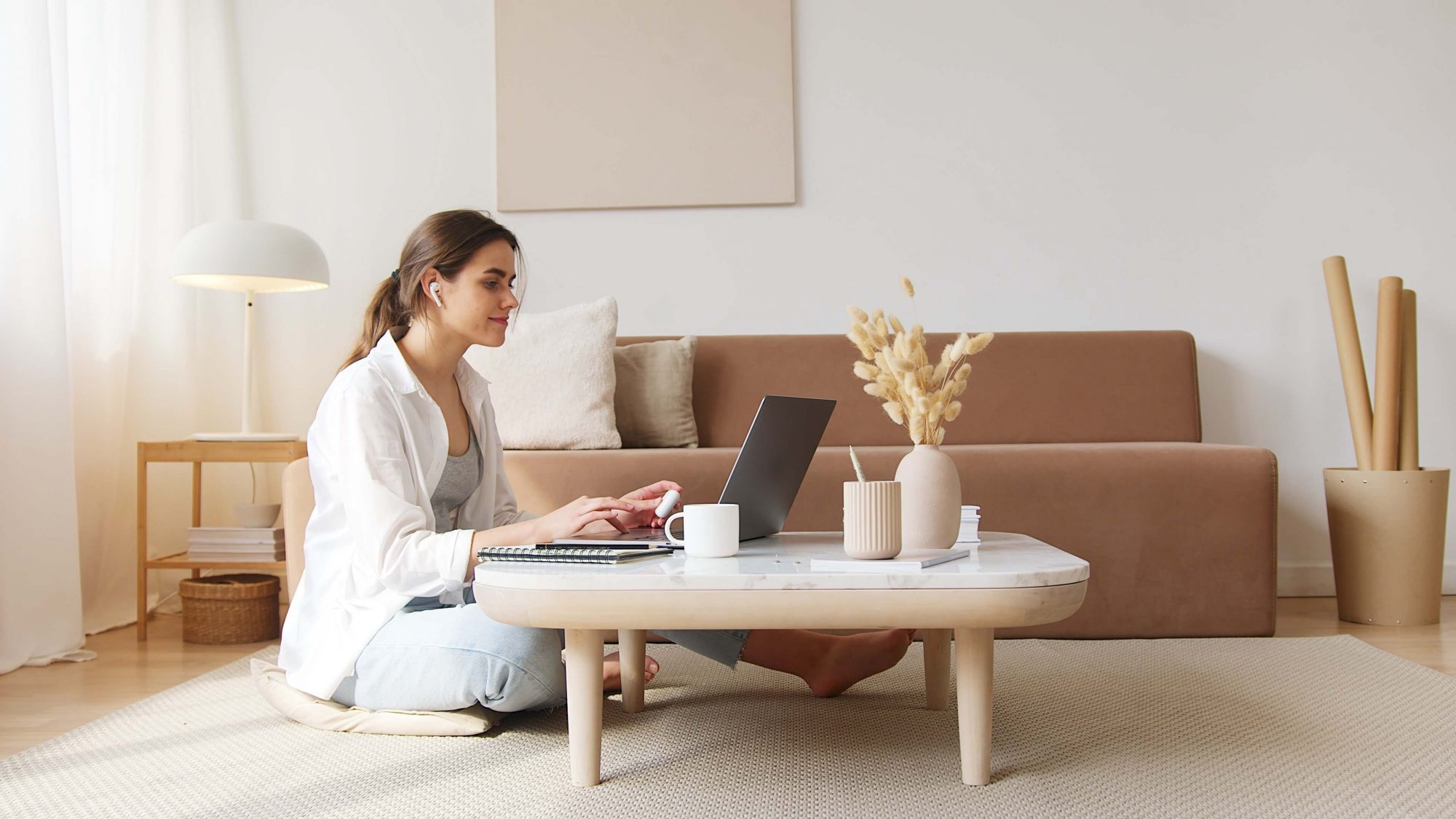
Document everything
It would be wise to create an email or desktop folder purely for the property you are going to rent. Store all correspondence with the landlord or agent, and download any documents provided (such as your lease, Body Corporate rules, information about the complex, etc.).
When you move in, it is essential that you take pictures of the property and record any defects you see. While the landlord isn’t required to repair all of them, you need these dated images to prove the condition that the property was in when you took occupation.
You should attend the ingoing inspection with the landlord or agent and receive a copy of that inspection for your records. Keep this in a safe place so that it is easy to find and reference when you vacate (which may be years after you moved in).
Save all emails regarding maintenance to the property. Any requests for repairs, notices of damage, and invoices for work done. This is your evidence for the end of your tenancy when a landlord may charge you for damages that you had reported previously.
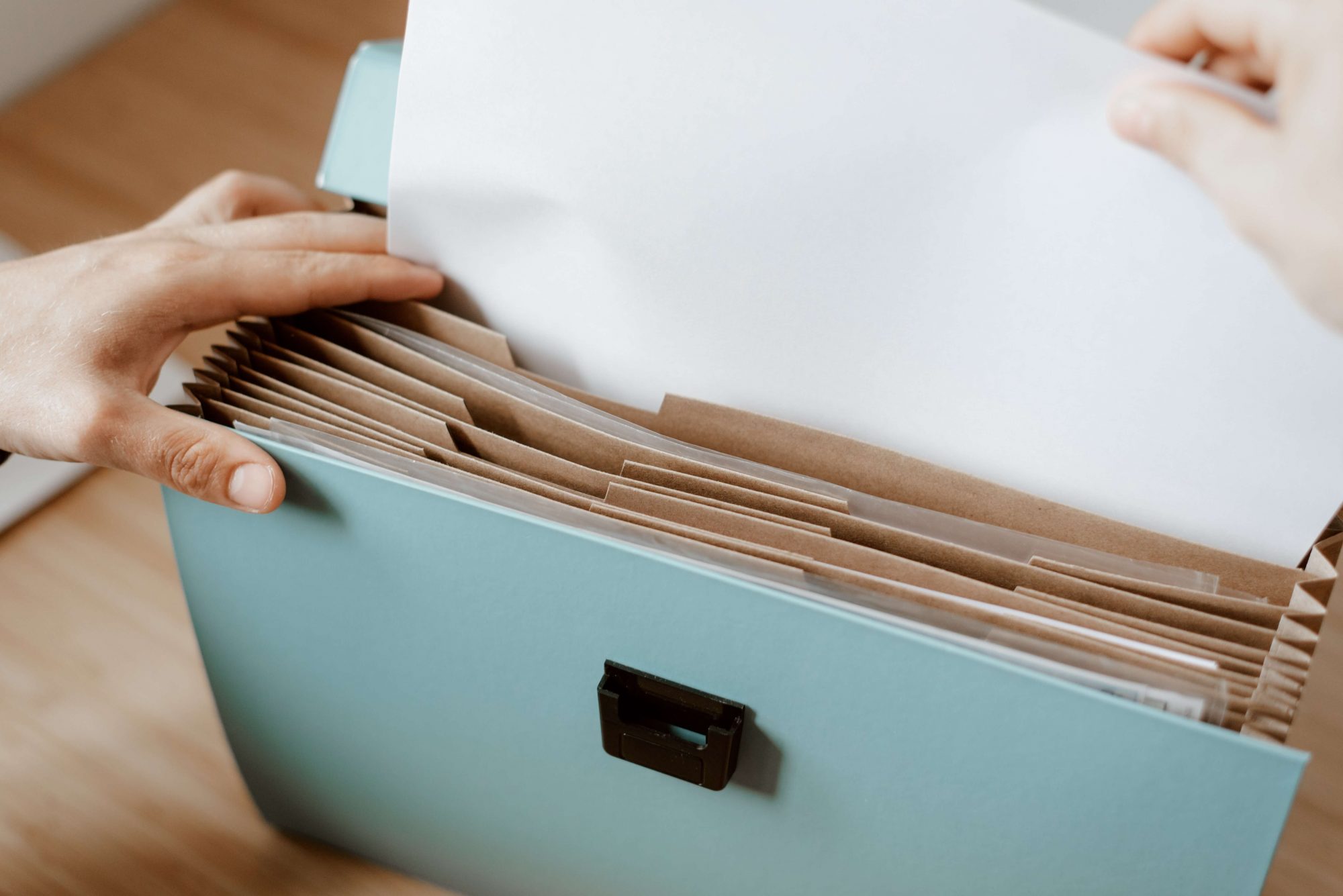
The First Time Renter Starter Pack™
With all the tough stuff out of the way, you are ready to start buying a few essentials for independent living! And no, you do not only need your bed and your laptop. Excluding large and obvious items, these are some oft-forgotten necessities that most homes need:
Bedroom:
– Nightstand
– Lamp
– Hangers
– Two sets of bed linen (for when one is in the wash)
– Laundry basket
– Torch & batteries (it is useful to have a battery-operated light source in case of loadshedding in the middle of the night)
– Surge protectors, extension leads & adapters
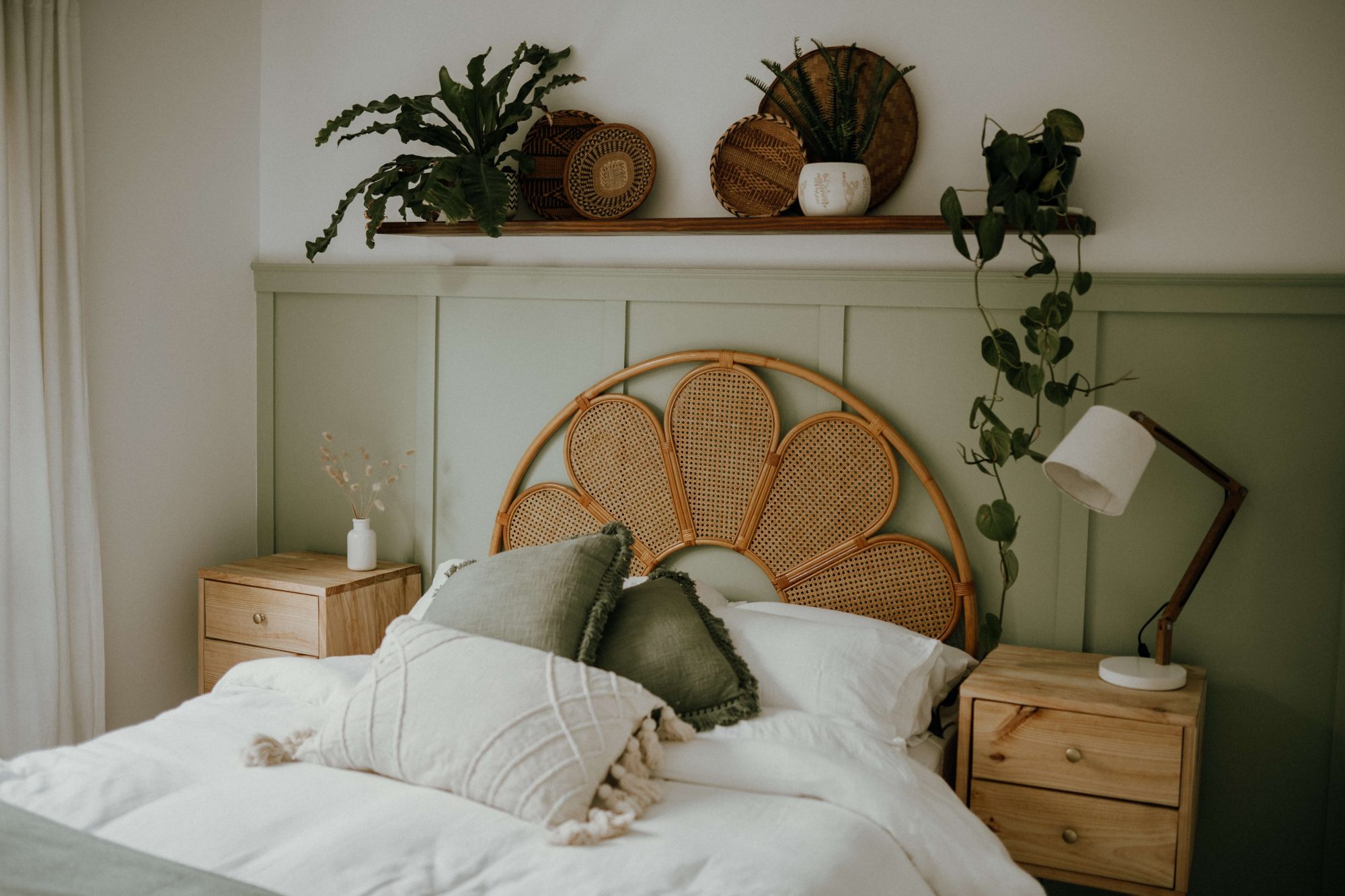
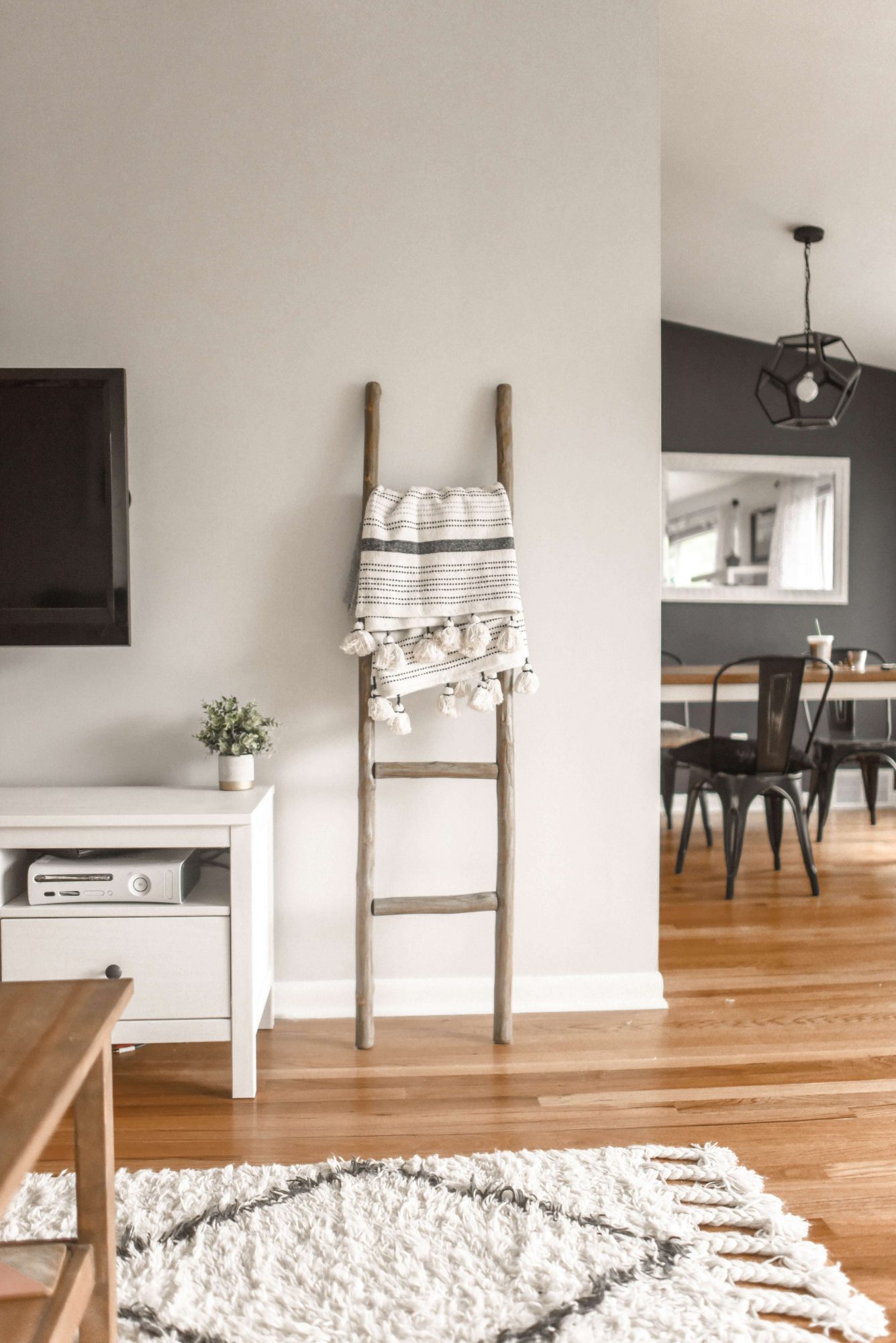
Living Area:
– Lamp
– Side tables
– Blanket & cushions (especially if your couch is pre-loved)
– Battery-powered lighting & batteries
– Fire extinguisher
– Welcome mat (to trap dirt before it enters your home)
– Surge protectors, extension leads & adapters
Don’t worry too much about decorating your first home as soon as you move in. Take time to save up some money, and choose one or two new items each month while you discover your style.
Bathroom:
– Toilet paper
– Hand soap
– Towels (for hands and body)
– Bath/shower mat
– Oral hygiene essentials
– Basic toiletries such as deodorant, soap, shampoo, razors, facewash, etc.
– Nail trimming set
– Comb or brush
– Air freshener or scented candle
– Bin
– Toilet brush
– Cleaning products*
– Plunger (I was told that it is better to have one and never use it, than need one and not have it…)
– First-Aid kit
– Medication such as Panado, Aspirin, Allergex, etc.

Kitchen:
– Pan
– Pot
– Cutlery & utensils
– Crockery (including a baking dish)
– Colander
– Cutting board
– Tupperware
– Basic food items
– Dishcloth & drying up cloth
– Dish drying rack
– Bin & bin bags
– Cleaning products*
– Kettle, toaster & microwave
– Torch & batteries
– Fire extinguisher
– Surge protectors & adapters
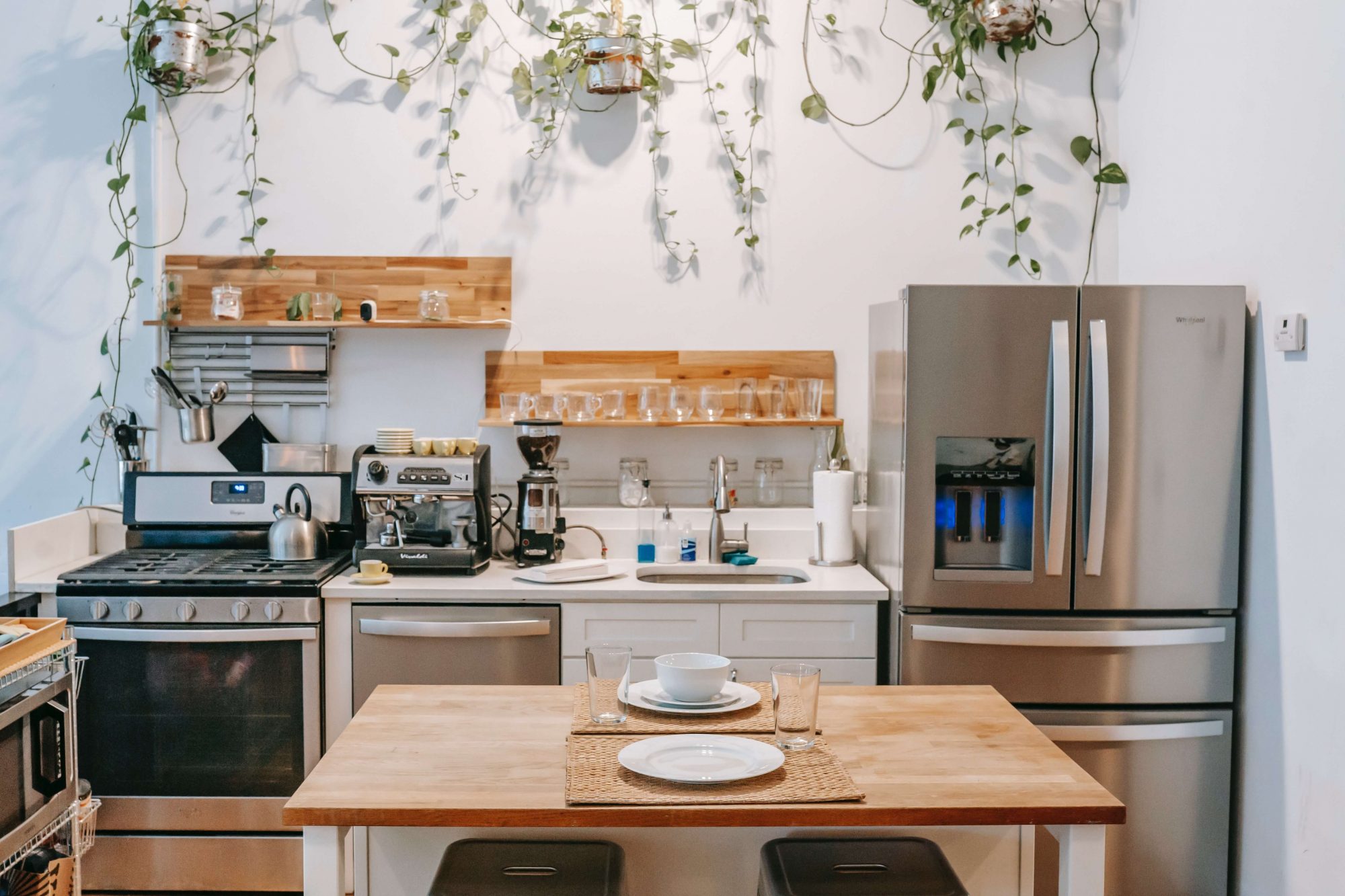
*General cleaning products:
– Broom
– Mop
– Bin bags
– Dustpan and hand brush
– Sponges
– Cloths
– Dish soap
– Laundry detergent
– Handy-Andy or a similar general-purpose cleaning agent
– Oven cleaner
– Bottle brush
– Mold-Away or Jik
– Toilet detergent
– Toilet brush
– Window cleaner
– Window squeegee
– Bucket
